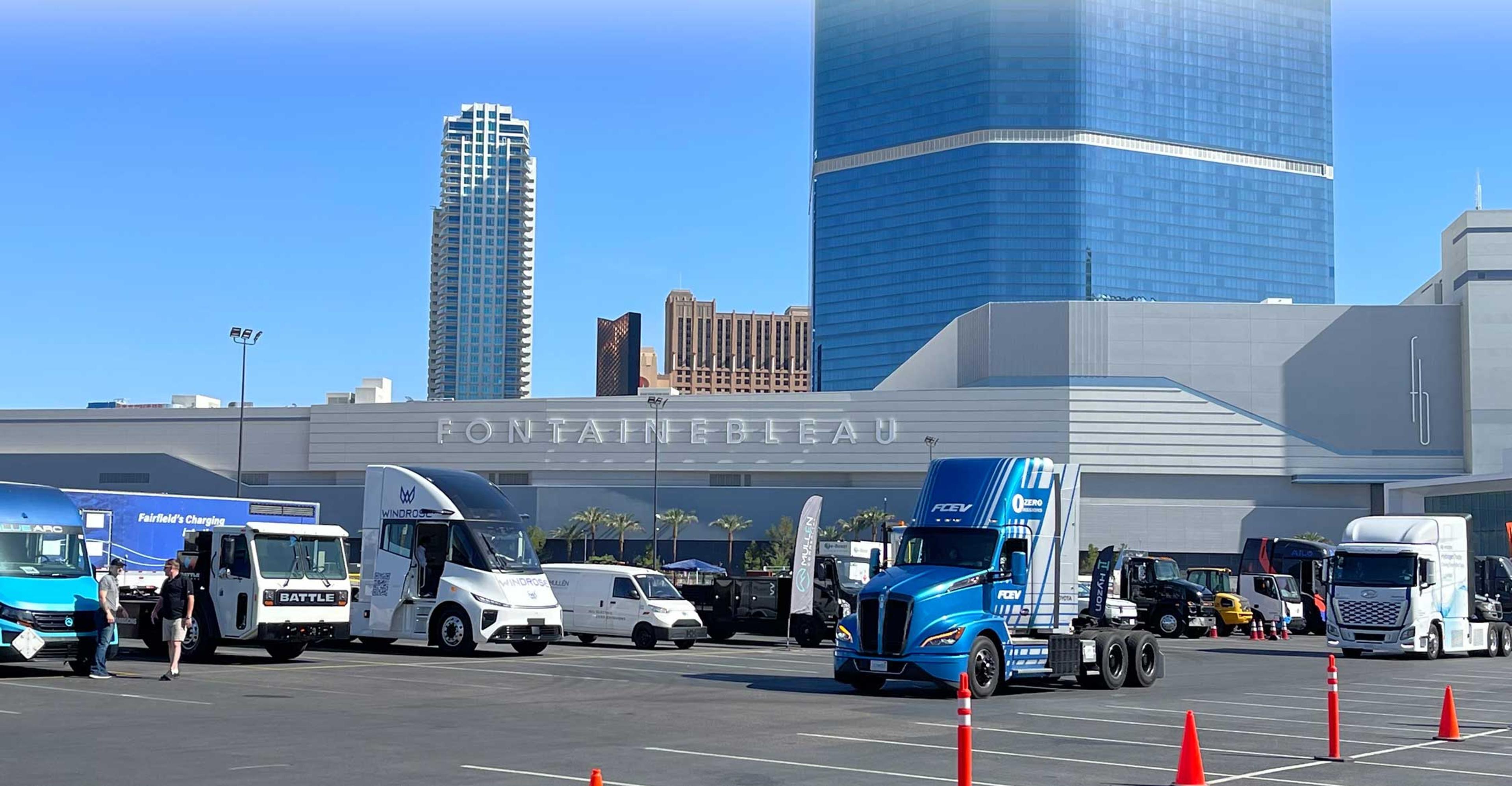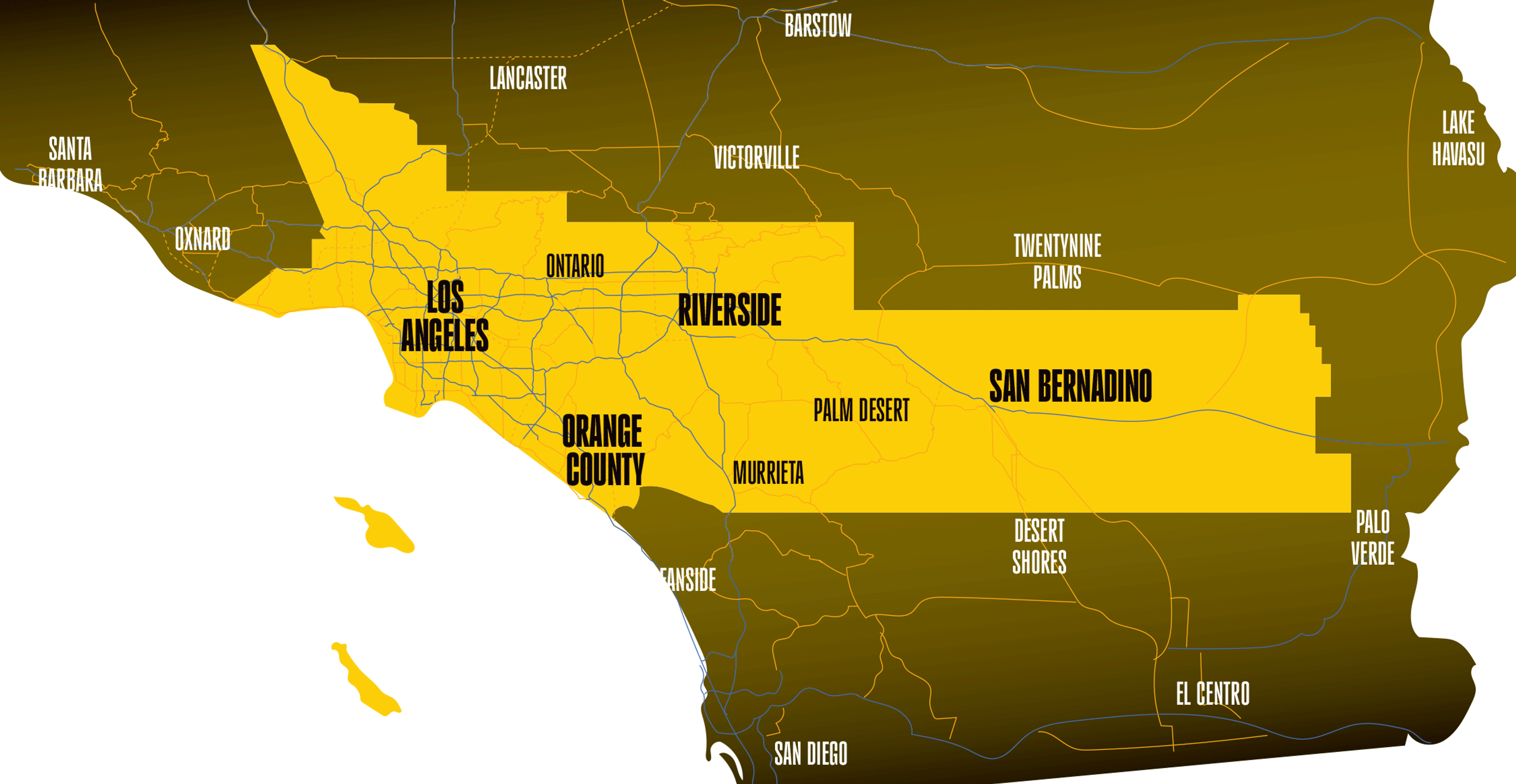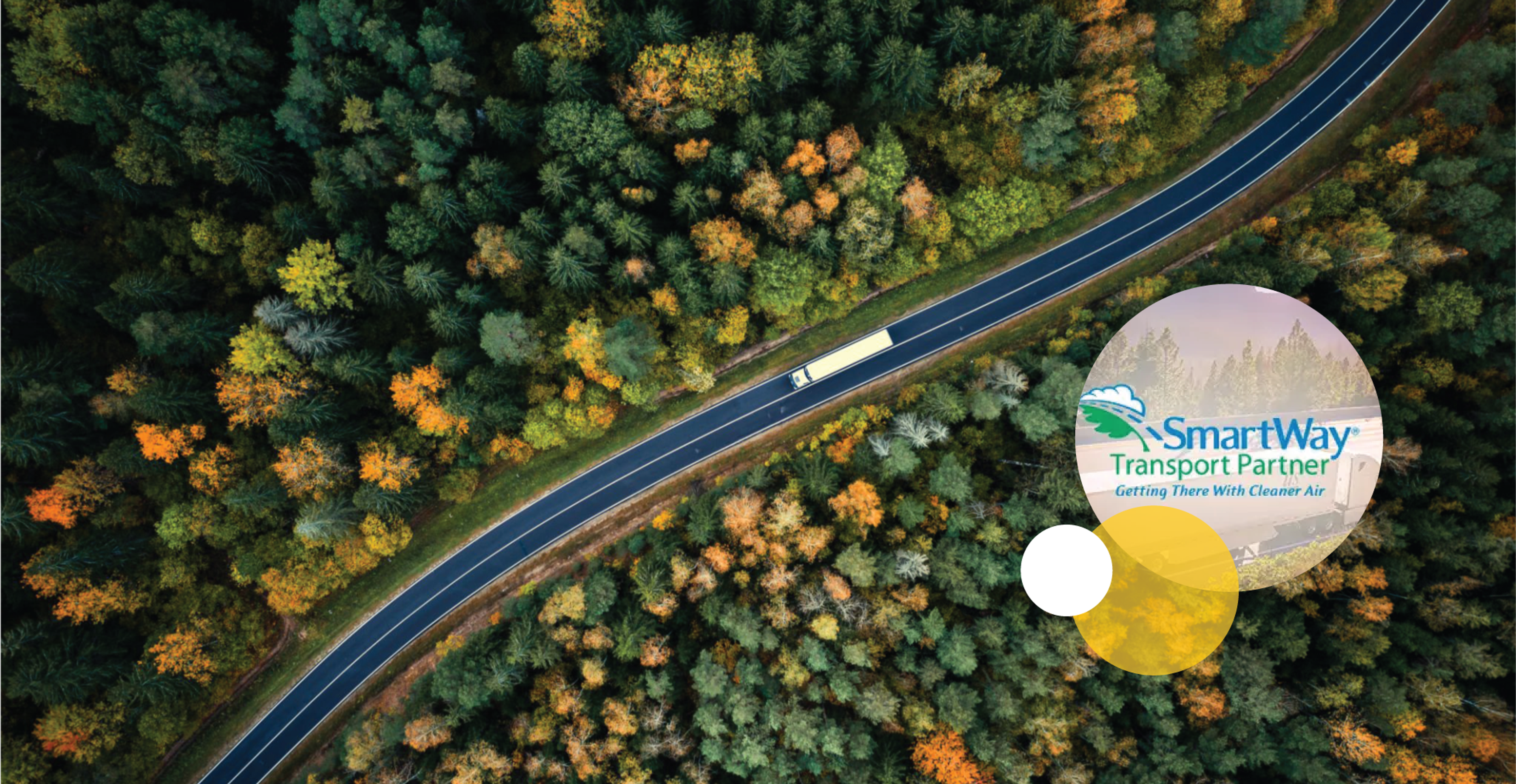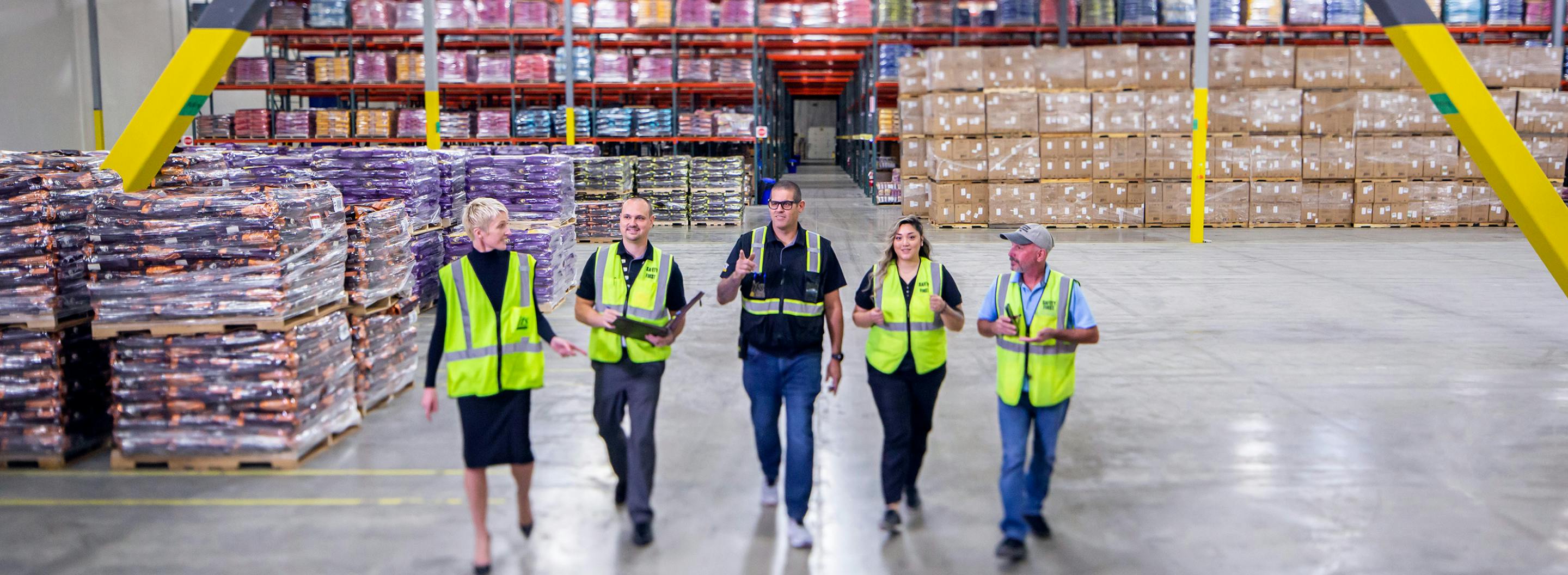
The Advanced Clean Transportation (ACT) Expo has become an essential platform for the discussion and exploration of sustainable transportation solutions. As the show marks its 13th year, it has witnessed significant growth, reflecting the increasing interest and investment in this crucial sector.
Here are our five key takeaways from this year’s event.
1. Explosive Growth and Global Interest
With over 12,000 attendees representing 50 countries, the ACT Expo underscores the escalating interest in clean transportation solutions worldwide. Clean transportation as a sector has gained substantial financial traction, with investments exceeding $30 billion annually.
The heightened interest was unmistakable with Tesla’s presence at this year’s event, especially considering the company’s infrequent engagement in such gatherings. Notably, Dan Priestley, head of the Semi Program, took the stage for a fireside chat. Two Tesla semis—made available for ride-and-drives—and a Cybertruck added to the allure, drawing significantly longer lines compared to other exhibitors.
Tesla’s EV, Class-8 vehicles generate excitement for two primary reasons: their lower gross vehicle weight offers the potential for a seamless transition in trailer weights without exceeding limits, and the long-haul version boasts an impressive 500-mile range, validated by the PepsiCo pilot program.
2. Diverse Range of Sustainable Vehicles
The Ride-n-Drive and exhibition hall showcased a diverse array of production vehicles utilizing various fuel types. From electric vehicles (EVs) to hydrogen, renewable natural gas (RNG), and renewable biodiesel, the exhibition encompassed various commercial vehicles, including light, medium, heavy-duty freight, transit, and vocational.
Among the showcased rides were the Tesla All-Electric Semi Truck, the Shell Starship Powered by Natural Gas, the Cummins Kenworth T680 powered by Cummins X15N, and the Daimler Truck North American Freightliner eCascadia Heavy-Duty Battery Electric Tractor.
3. Carrier Perspectives on Sustainability
Keynotes from industry leaders such as Shelly Simpson, President of J.B. Hunt, and Robert Sanchez, CEO of Ryder, presented the challenges and opportunities in sustainable transportation. While both expressed support for sustainability initiatives, they highlighted the significant hurdles to widespread adoption, which include regulatory complexities, the inadequacy of EV infrastructure, and the high cost and limitations of current EV vehicles.
Simpson emphasized the importance of exploring near-zero (NZE) alternatives, such as renewable natural gas (RNG) and renewable or biodiesel.
“Did you know that there are less than 10 public heavy duty charging stations in the country?” asked Simpson. “To fast charge one electric truck, you would need the same power of electricity that it takes to power 600 homes.”
Simpson went on to talk about NZE options and how they offer viable pathways to decarbonization while addressing current limitations in EV technology.
4. Rise of RNG and Renewable Diesel
The expo also showcased the increasing capacity of renewable natural gas (RNG) and renewable diesel, indicating a promising trajectory for these alternative fuels.
With the introduction of the highly anticipated Cummins X15N engine, RNG emerges as a compelling alternative, especially in bridging the gap until EV and hydrogen technologies achieve cost parity. As reported by Cummins, when the X15N engine is powered by RNG, it could have up to a 97% reduction in CO2 and 80% reduction in greenhouse gas emissions.
The growing capacity of RNG and renewable diesel presents a tangible solution to reducing emissions in the transportation sector in the coming years.
5. Challenges and Opportunities for Asset-Lite Companies
As the ACT Expo celebrates advancements in decarbonizing transportation, a notable challenge emerges regarding the engagement of asset-lite companies. Asset-lite companies rely on the available capacity of NZE or zero emission (ZE) in the market to meet shipper demand for sustainable transportation. This dynamic passes the burden of investment to the carrier and complicates the fiscal viability of sustainable transportation in asset-lite solutions.
While significant investment and progress are evident within private fleets, where managing infrastructure and equipment procurement is more feasible, extending these benefits to asset-lite companies and empowering brokers to meet shipper demand for ZE or NZE transportation presents a crucial hurdle.
Overcoming this obstacle demands sustained initiatives to incentivize vehicle adoption among individual buyers, reminiscent of passenger car EV credits. Public accessibility to alternative fuels and charging infrastructure becomes paramount for wider adoption and integration within the asset-lite company market. Through collaboration and by implementing supportive policies, the industry can navigate these challenges and expedite the transition toward a sustainable transportation industry.
The ACT Expo 2024 not only underscores the remarkable growth and global interest in sustainable transportation, but also highlights the challenges and opportunities ahead. By addressing regulatory barriers, promoting alternative fuels, and collaborating with stakeholders, the industry can overcome hurdles and progress toward a cleaner, greener future.
Keep the Conversation Going with ITS Logistics
At ITS Logistics, we acknowledge the significance of the ACT Expo 2024 as a pivotal platform for advancing sustainable transportation solutions. We're committed to driving innovation and addressing the need for environmentally friendly practices in the industry.
You can continue this conversation at any time with Lauren Miller, Manager of Sustainability, at lmiller@its4logistics.com.



